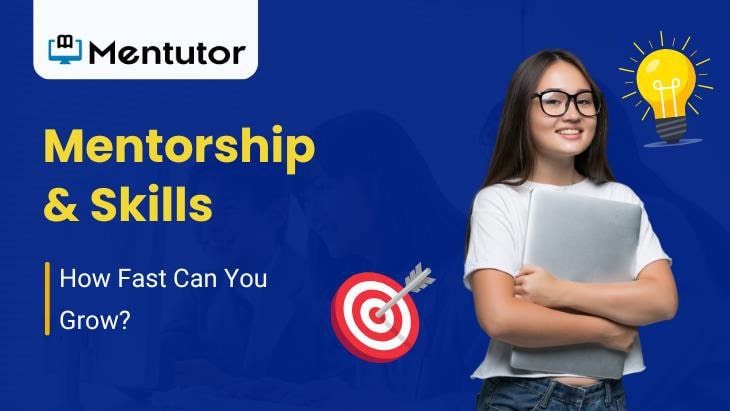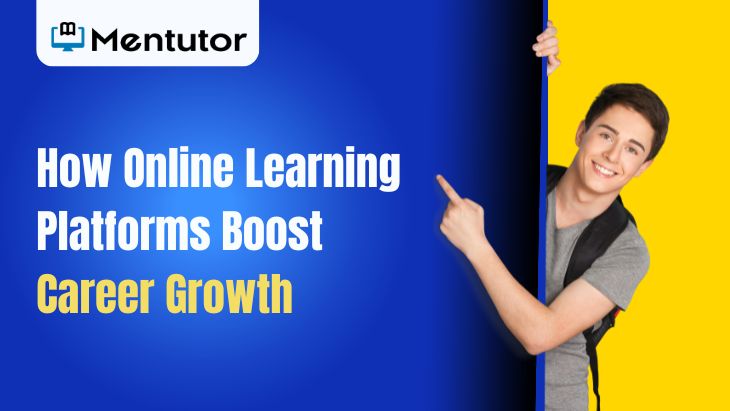With workers working from office and remote sites, the need for agile, accessible, and interactive learning platforms increased exponentially. Employee Mentorship And Learning Platform Conventional corporate learning strategies are no longer effective in this decentralized setting. Organizations require scalable digital learning solutions that cater to hybrid schedules and facilitate ongoing growth.
Accessibility and Flexibility at the Core
24/7 accessibility is one of the most important characteristics of an efficient learning platform in the hybrid times. Workers today work across time zones and environments, so learning content must be on-demand. The ideal employee mentorship and learning platform is one that lets users access material wherever they are through a mobile device, tablet, or desktop. This provides flexibility so employees can learn at their own time, when ideas strike them, or during down times. It also fosters self-directed growth, which has been shown to enhance retention and motivation. Being flexible is no longer a nicety; it is a strategic imperative.
Merging Mentorship into Learning Environments
One of the most notable aspects of contemporary employee learning solutions is their embedding of mentorship. Mentorship provides one-on-one support, instills confidence, and develops potential all highly relevant in a broken work environment. Hybrid work can create a sense of isolation, but matching employees with mentors creates community, camaraderie, and sustained growth. An effective employee mentorship and learning platform provides consistent check-ins, tracking of progress, and easy interactions between the mentor and mentee. The platform is no longer merely a training center; it is now a people-builder that fosters actual human connection and knowledge sharing. Mentorship adds context and purpose to learning, particularly in settings where self-discipline and focus are key.
Personalization Fuels Engagement
Off-the-shelf training modules just do not motivate employees, particularly in a mixed environment where there are numerous distractions. Personalization is thus a strong differentiator. A successful learning platform provides content-based learning paths aligned with job functions, career aspirations, and current skill levels. Employees are more engaged when they understand a direct line from learning to career progression. AI-driven employee mentorship and learning platforms extend personalization by suggesting content, mentors, and timelines on the basis of usage patterns. This intelligent, user-focused strategy makes it so that learners are seen and heard, and the organization is actively committed to their growth process.
Microlearning for Maximal Impact
With declining attention spans and remote workers having multiple competing priorities, long-form training sessions are no longer popular. Microlearning short, concentrated lessons that are simple to consume is a fundamental strength of robust hybrid-friendly platforms. These bite-sized learning sessions are easier to digest, less overwhelming, and more convenient for hectic schedules. Whether it's a 10-minute video, a quick test, or an interactive simulation, microlearning modules assist employees in incrementally developing their knowledge without interrupting the workflow. A solid employee mentorship and learning platform will include microlearning as part of its architecture, reinforcing core ideas in bite-sized portions for improved retention in the long run.
Data-Driven Insights for Growth
A successful learning platform is not only about delivering content it's also about intelligent analytics. In a hybrid work environment, it's simple for participation to fall through the cracks. That's when data shines. Top employee mentorship and learning platforms have real-time monitoring of engagement rates, skill builds, course completions, and feedback. Managers and mentors can leverage this information to optimize learning plans, spot high-potential employees, and assist underperforming employees. Data makes learning measurable, transparent, and adaptive. In an era where business agility is everything, learning analytics can really drive sharper decisions and stronger returns on investment.
Incorporating Learning into the Daily Workflow
To be most effective, a learning platform needs to integrate into the daily tools and workflows that people use. If learning feels like an odd, time-consuming add-on outside of normal work processes, it's unlikely to be adopted. Uninterrupted integration with productivity software such as Slack, Microsoft Teams, and Google Workspace enables learning to happen naturally in the flow of the workday. Certain advanced employee mentorship and learning platforms even utilize nudges and cues to remind employees to learn during downtime or breaks. When training is just another natural aspect of the work life, rather than a distraction, employees are more apt to participate regularly and with relevance.
Creating a Culture of Ongoing Learning
The objective of having a learning platform isn't merely a compliance checkbox. It's to marry learning into the very fabric of the company. In a hybrid environment, where interactions are minimal, the platform is a virtual campus of learning that carries the values, vision, and development commitment of the company. Organizations that make learning a central component of their culture attract the best talent, minimize churn, and observe higher innovation. When workers realize that their company is putting investment into their development, particularly through a sophisticated Employee Mentorship and Learning Platform, they pay it back through loyalty, performance, and purpose.
Scalability for a Diverse Workforce
Hybrid workforces tend to be massive and distributed across various geographies. A scalable learning platform is critical to ensure that training isn’t limited to a select few. Whether you’re onboarding 10 new hires or rolling out leadership training to 1,000 team members, the platform should handle user growth without compromising performance. Cloud-based employee mentorship and learning platforms are ideal because they allow for expansion and personalization at scale. From frontline staff to executives, they must all have access to development designed for their job and tasks.
Conclusion
In the age of hybrid, with flexibility and autonomy shaping the way we work, learning has to adapt as well. Mentutor A successful employee mentorship and learning platform closes the gap between distance and in-office, between experience and aspiration, and between loneliness and belonging. It leverages technology, mentorship, personalization, and cultural fit to drive a rich ecosystem of growth. Companies that invest in such platforms are not only developing skills they're future-proofing employees and creating a resilient, empowered culture. In today's fast-paced world, that could be the ultimate competitive edge.






Leave a reply